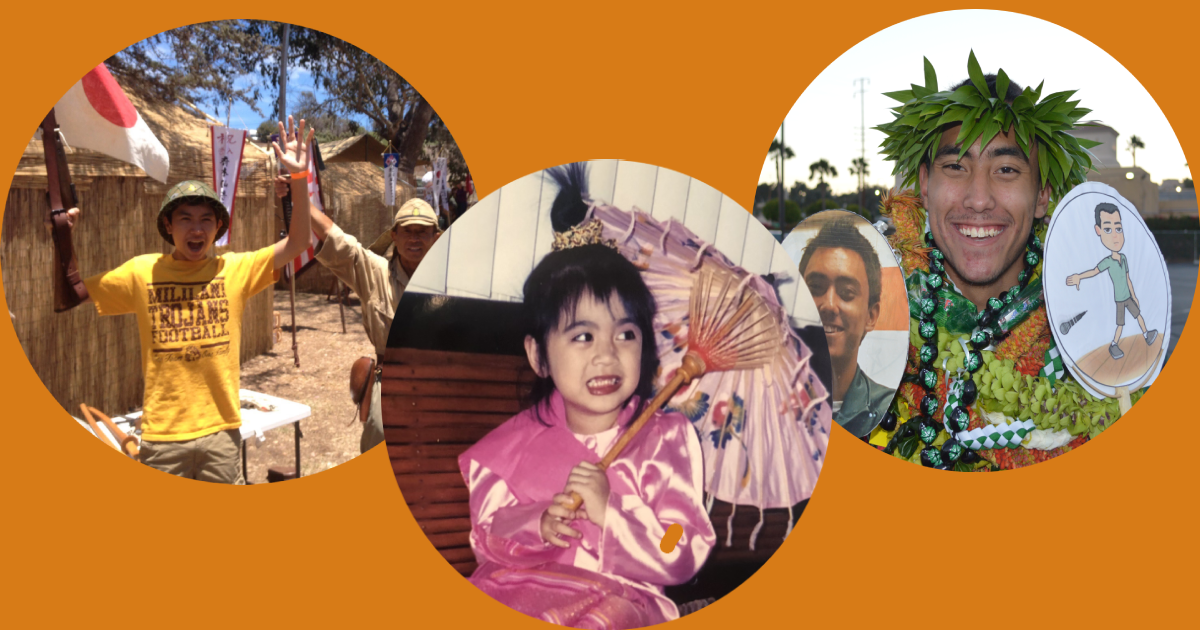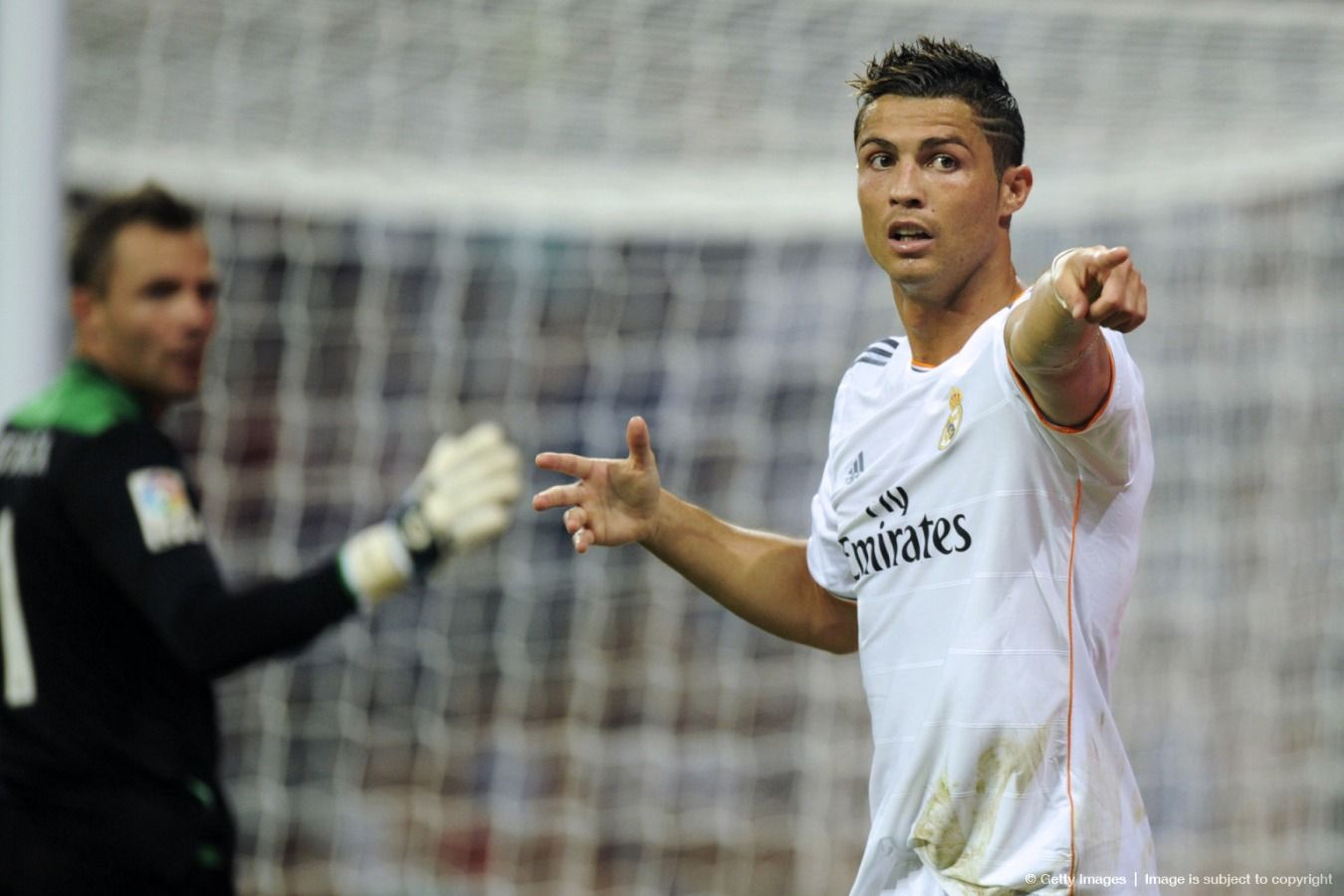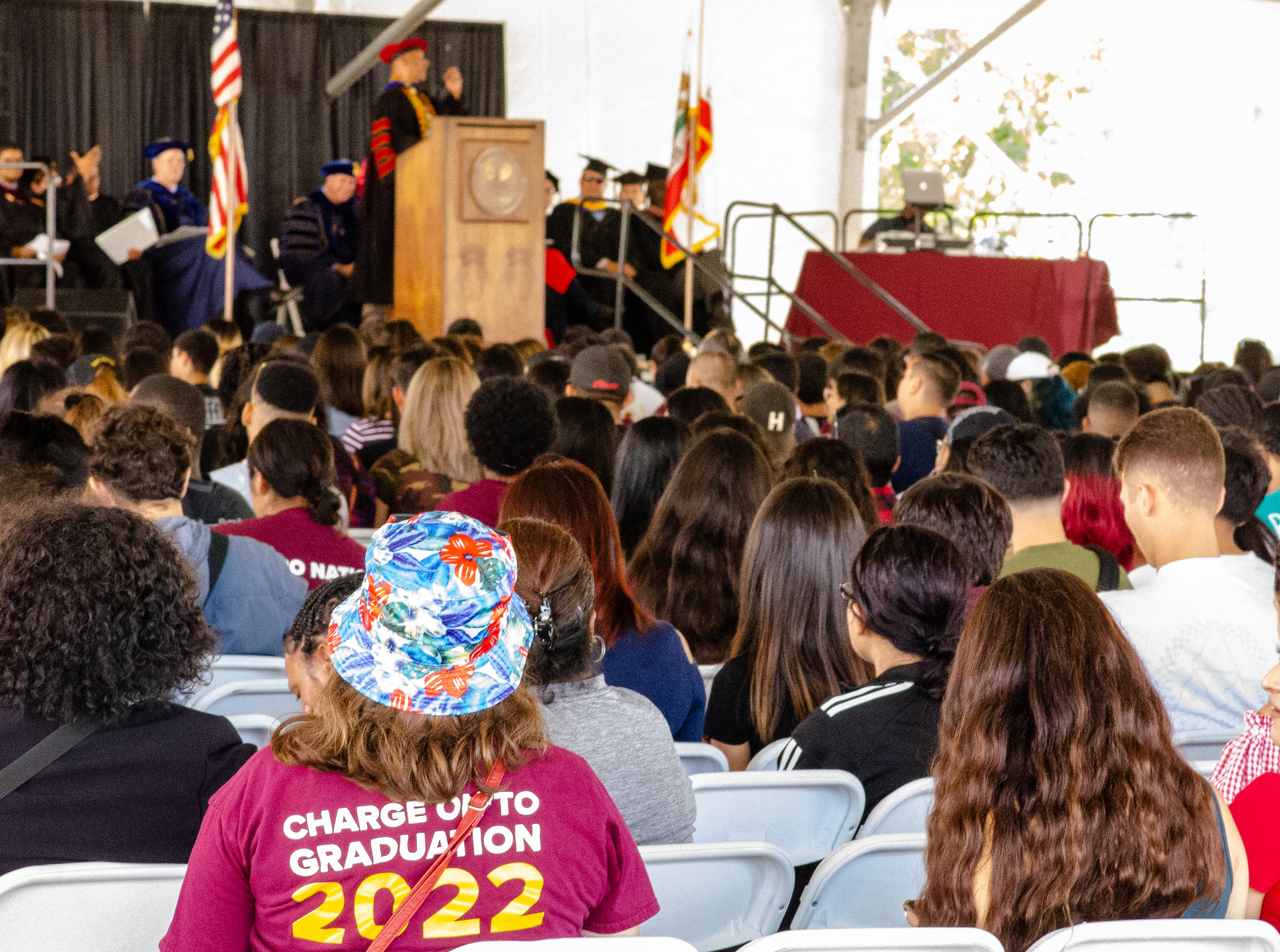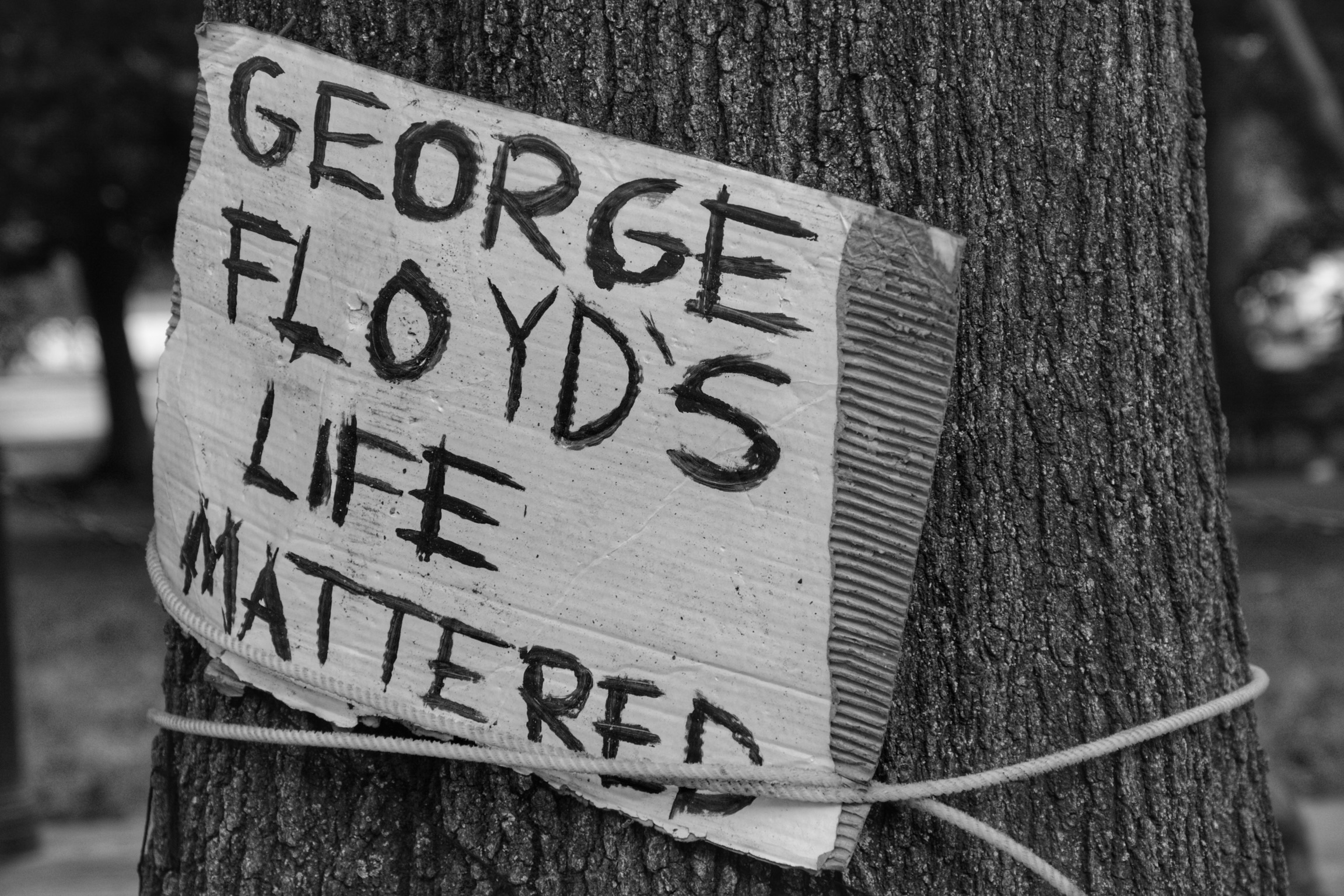The writers celebrate the diversity of the community as AAPINH heritage month approaches. Photo by Jasmine Nguyen.
By Chaz Kawamura, Staff Reporter, Jasmine Nguyen, Story Editor, Daniel Tom, Story Writer
With Asian American, Pacific Islander, and Native Hawaiian heritage month being celebrated throughout the month of May, some of the editors and staff at the Bulletin express their thoughts on the contributions, diversifying cultures, and history AAPINH has made in the United States. Here are some of their responses.
Chaz Kawamura
To be honest, being a part of the Asian community was a disgrace to me at first. It all started with being a Japanese American boy living in Hawaii, where Japan decided to bomb Pearl Harbor, made me hate being Japanese at first.
To me, it was similar to someone being German knowing what the Nazis had done. However, to me, this was different. I had relatives, including my grandpa, that were living in Hawaii at the time of the bombing that were Japanese themselves. It really made me hate the fact that I was Japanese, knowing that they would do that to their own people.
However, as I got more mature over the years, I started to realize that it was not all Japanese who thought that way. It was those men doing their job as soldiers to fight for their country. I forgave myself and instead embraced being Japanese.
To this day, I am honored to have a Japanese middle and last name. I am proud that both of my grandparents had Samurai blood in them that was eventually passed down to me.
I now embrace my Japanese heritage and culture. Whether it be the food or even the superheroes I would watch as a kid like Kamen Rider or Ultraman. I grew up knowing certain words like “baka” and “hai” as I had to use them with my grandma all the time. I learned to love being Japanese. Much like how I learned to love being Filipino as well.
I used to dislike the stereotypes and stigmas surrounding being Filipino. Although I may not be a lot of it (⅛ to be exact), I still feel a lot of pride in being Filipino. From the food to the stereotype of being able to sing (*cough cough* Bruno Mars). I love being able to say I am both Japanese and Filipino.
Being Asian is truly an honor and a privilege. Being part of the Asian community as a whole is one of the things I am most proud of. In addition to being Native American and Native Hawaiian (which I am a little of), I have a lot to be proud of when it comes to my heritage.
Jasmine Nguyen
Sometimes I feel more “Asian American” than Vietnamese or Thai.
Don’t get me wrong, I’m not ashamed of my heritage. I love my Vietnamese and Thai heritage, Tết (Lunar New Years’) is my favorite holiday, the Thai Temples in Los Angeles were my favorite destination as a child and I always had fun celebrating my culture with my family.
But as a third-generation American, I feel disconnected from my family’s roots. My parents who were born here, much prefer speaking English, watching American movies, and listening to American music. I don’t understand my family’s native tongue fluently, and if you were to drop me off in Vietnam or Thailand, I would more than likely feel as out of place as any American tourist.
This thought process is something I’ve juggled with throughout my life. Never really fitting in Vietnamese or Thai spaces but never fitting into American spaces either. I was stuck between so many cultures without fully understanding any of them.
Until I became involved in the Asian American and Pacific Islander (AAPI), I became more active online. There were YouTubers like KevJumba, Wongfu Productions or Michelle Phan, all of them spoke about things that I could relate to, from the snacks that decorated the shelves of the grocery stores I went to, to the ignorant remarks that I heard on the playground.
I found people who enjoyed the same food as me, as well as the same insecurities. It was liberating to know I was not alone.
Though, just celebrating the shallow aspects of AAPI culture was not enough for me as I matured. Yes, we can all chat about the latest Asian American rom-com or how Steven Yeun is the hottest thing since boba tea, but our community is much more than that. It was an uncomfortable realization to me that I was only focusing on the fun aspects of our community. I didn’t realize that so many in our community were suffering due to income inequality, sex trafficking, and police brutality.
The AAPI community has faced so many challenges in the last year, our spot as the “model minority” has been pushed aside and we have lost lives because of xenophobia and racism. We, as young people, need to start looking into the deeper issues, we need to uncover the hard truth, we need to call out injustices and find ways to make our community a better place.
I’m proud of being a part of the AAPI community and I want to continue to push our community to grow and prosper in new ways.
Daniel Tom
What does it mean to be a Pacific Islander? Growing up in California being raised by a family that was born and raised in Hawai’i, you learn things about yourself and your culture you may have never learned about.
My family history goes as far back as the early 1900s when my great-grandfather came to the island (then a territory) for a better life away from Portugal for his family by working on the plantations.
Additionally, my grandmother was born in 1941, the same year Japan initiated the attack on Pearl Harbor. Although she was just an infant, she tells me how tense things were on the island.
As I got older and started to learn more about my family history, I really started to appreciate where my family roots lied. Furthermore, I also carry Chinese and Japanese ancestry so my Asian background goes far back with other generations.
Growing up, especially here in California, people will throw around the stereotypes on how “Asians are supposed to be the smartest kids in the class” or “You have really strict parents, why can’t you just live a little?” But everyone’s got a story and that’s what makes us so special.
I never really felt ashamed of being an Asian American. If anything, it’s cool standing out and being different than everyone else. My family’s cultural roots still play a huge role in how I am today. I may not like all of my culture’s foods (due to the fact that I’ve grown up on a California diet) but, it doesn’t mean I’m not proud of my AAPI history.



